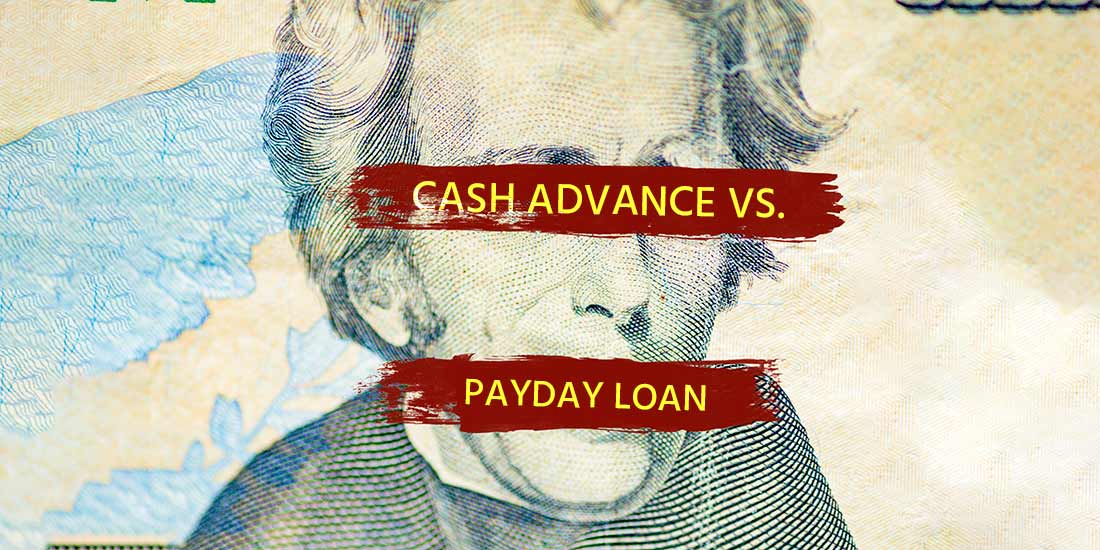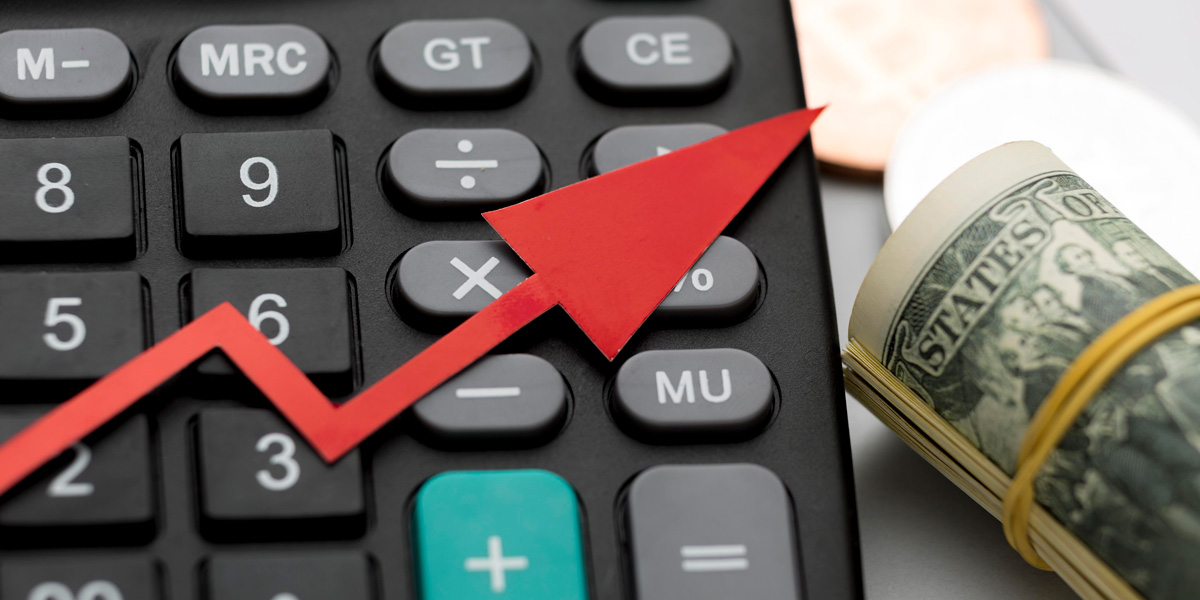
Secured vs. unsecured personal loans: What’s the Difference?
6 Min Read
In this article, we’ll look at the difference between secured vs. unsecured loan and what you should consider when choosing between them.
What is the Difference Between a Secured and Unsecured Loan?
Gathering all the needed information can be confusing when you make financial decisions about a secured or unsecured personal loan. To help you in this mission, we’ve listed here the main differences you should consider:
Collateral
A secured loan allows you to get money by using collateral. The process ensures that the lender gets paid back if you don’t repay the loan on time.
An unsecured loan doesn’t need collateral, be it vehicle, real estate or another value property. Instead, the loan provider relies on your stable income and credit history. For example, there are separate types of allotment loans for federal employees with steady salaries.
Interest rates
On the one hand, a secured loan has lower interest rates compared to an unsecured debt. It occurs because you’re putting collateral the secures the loan and makes it cheaper. On the other hand, higher APR is linked to the risk taken by lenders while lending you money.
Borrowing limits
Secured loans typically have higher borrowing limits. They allow consumers to get up to 100% of their collateral value. So, if you have $100,000 worth of personal property as collateral, you can obtain up to this maximum sum against it.
Unsecured loans have as much flexibility regarding borrowing limits. However, in most cases, unsecured loans only allow bad credit borrowers to borrow up to 30% or less of their annual income.
Money Usability
Secure loans are a great way to get your money at a reasonable rate. Secured loans are typically used for large purchases and debt consolidation.
Unsecured loans don’t require collateral, so you can use the money for everything you want, from minor medical bills to car repairs.
Eligibility Requirements
People who need secured or unsecured personal loans must meet these basic requirements that can vary by lender:
- Be 18 years old or older;
- Have a valid Social Security number (if it’s required);
- Have proof of income (a stable income of at least $1,000 per month);
- Valid bank account.
How Do Unsecured Loans Work?
Don’t you know how unsecured loans work? Read these bullet points below:
- Application: To get an unsecured debt loan, people usually fill out the loan request form by providing information about your income, employment, and credit history.
- Credit check: The lender will make a soft credit check of your credit health to determine your creditworthiness (not through credit bureaus) and the interest charge they can offer you. But if you think about applying through a bank (which is a traditional financial institution), be ready because they’ll perform a hard credit pull.
- Approval: You’ll receive the approval within 15 minutes (or longer). It contains the loan terms, fees, and other financial information.
- Loan Agreement: If you accept the terms and conditions from the loan contract, sign it and all the formalities are done.
- Debt Repayment: You will make monthly payments in fixed installments until the loan is fully paid, usually within a few months or years.
You might be interested in exploring loans for bad credit that require no guarantor.
Types of Unsecured Loans
We’ve compelled a short list of the most common unsecured loans for all types of credit scores:
Payday loans
Payday loans are short-term loans you can get when you don’t have money saved for unexpected expenses. You borrow these loans from a lender and pay them back when you get your next pay stub.
Personal loans
Most personal loans are medium-term loans typically repaid over 1 to 5 years. They’re meant to help you get more money for home improvement projects, debt consolidation, medical bills, and more.
Revolving loans
Revolving loans are loans you can take out and pay back multiple times. They are usually used to finance the purchase of a product or service, but they require a security deposit to open.
Student loans
Young adults can take student loans to pay for college and other expenses like books, supplies, room or fees for tuition. Such loans are provided by government or private lenders, depending on the student’s needs and possibilities.
Should You Get a Secured or Unsecured Personal Loan?
It all depends on your possibilities to pay back the loans. For example, unsecured personal loans are challenging and can destroy your financial health. They don’t require collateral and if you lose your job or have financial problems, you won’t be able to cover the debt on time and some additional fees will be applied.
At the same time, with secured personal loans, you can borrow money even if your credit report isn’t perfect. If you don’t repay the loan on time, the lender may repossess your vehicle or even your house. That’s why we recommend you to think twice before applying for one of these loans.

How Do Secured Loans Work?
The first step when applying for a secured loan is proving the ownership of collateral you’re putting in. It can be even an investment account, not only your car or a vacation house.
Once your lender approves your application and agrees to lend you money based on the value of your asset(s), they take possession of those assets until you pay off the loan in full (or get refinanced).
If you have missed payments agreed upon in your contract with them, they will sell your assets at auction.
Types of Secured Loans
There are four most common secured loans:
Mortgages
A secured debt people get to buy a house is called a mortgage. You take out the loan and make monthly payments until the loan is paid off.
Home Equity Loans
Taking out a loan by using the value of your home is called home equity borrowing. A home equity loan is used to cover any type of expenses, from holidays to major family events. Read more about the differences between home equity loans and mortgages.
Secured credit cards
Secured credit cards are a form of secured debt and a way to build up your credit score by paying off your card balance in full each billing cycle. They’re a good option if you need a credit card but don’t have a good or excellent credit score because such cards have no minimum credit requirements.
Auto loans
An auto loan is a type of loan that allows you to purchase a vehicle. It can be done by either financing the vehicle purchase with banks, credit unions or car leasing.
Ready to get the funds you need? Apply for a loan today with 1F Cash AdvanceApply



